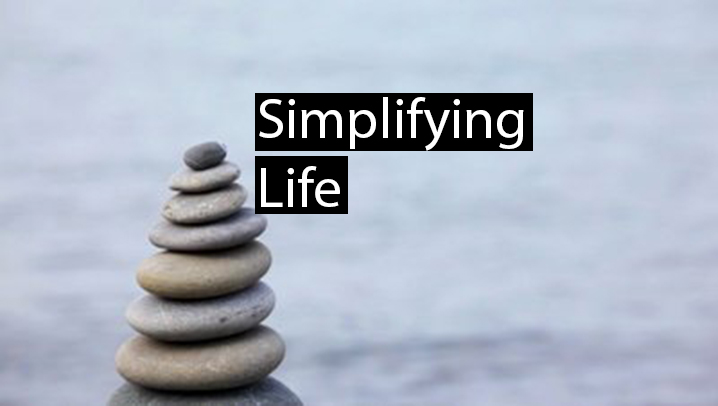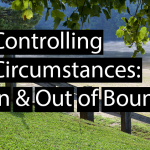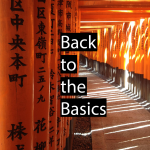Simplifying Life & Easing Complexity

Many of us (myself included) implicitly and explicitly place barriers throughout our lives that often serve to unnecessarily complicate matters. As a result we risk increasing stress, disappointment, or regret to a greater scale than if we were to open ourselves to embracing new modes of thinking.
In communication we say we are too busy to reply, in resisting new encounters with people we cite our satisfaction with present circumstances, in not following through on obligations we reason to ourselves of their insignificance or simply disregard their existence. When people come together in relationships, couples may decide that there must be a mutually exclusive divide between time spent with the significant other and friends or family. When studying in university, students may decline the opportunity to study abroad or disregard to pursue other minors/majors of study because they are convinced that a speedy graduation is crucial in order to commence on a successful career as early as possible. When in a job that we absolutely do not enjoy, we worry about the ramifications to our reputation and dare not quit. We may magnify and exaggerate the importance of trivial events, frequently stemming from misunderstandings, to create dramatic scenarios, expending time and energy for small-scale instances that have no real bearing on our lives.
In effect, we engage in behavior and put up barriers that undermines the effectiveness of what we are attempting to achieve from the onset — this is counterintuitive to many because we have been socialized, told, taught, or simply believe that this is how we should do things.
Not communicating engenders frustration from the other party; foregoing opportunities to meet new people reduces potential for friendship/relationships/professional development (see related post); feeling obliged to choose between friends and relationship partner pushes loved ones away needlessly; refusing to study abroad or bolster one’s academic portfolio reduces one’s appeal to employers; not leaving a job that one dislikes leads to misery and anger (likely expressed to others). Immersing oneself in superfluous situations distracts our resources from significant items in our lives.
I posit that all of these barriers in our lives impede the development of our happiness with ourselves and detracts from the happiness of others.
People appreciate honesty and transparency in communication; human beings are sociable by nature and friends/social skills are necessary to well-being (and for advancing in one’s career); a relationship partner and friends/family are not mutually exclusive, but rather interdependent; expanding one’s horizons with travel and study makes you more adaptable and increases your skill sets, raising employability & competitiveness; remaining depressed in a job negatively impacts your health and brings down the morale of colleagues; fueling “drama” scenarios may cause heightened conflict and exhaustion for a situation that amounts to nothing for all intents and purposes.*
I can understand that to an extent we may reciprocate behavior that has been done to us by others or continue to behave from old habits. Yet I argue that each of us must rise to the occasion and not let ourselves be influenced by the lackluster behavior of our peers or the past. This is precisely the notion of personal development: improving for the present and future.
Seek to simplify complex barriers and constantly question if we are acting in our and others’ best interests. Make life easier for yourself & others.
You may be surprised to see what results when needless barriers are removed — I already have.
* Surely there are things worth fighting for, I am referring to misunderstandings or miscommunication stemming from insecurity, alcohol, ignorance, etc.
Related Posts



